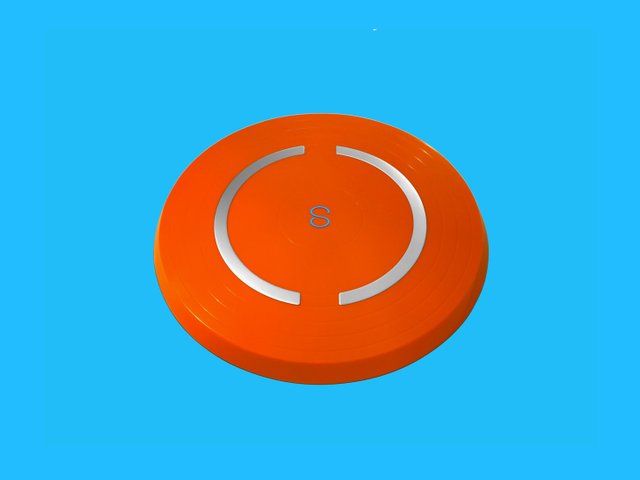Whether you are on a diet, just starting out on an exercise regimen, or looking to maintain a healthy weight, weighing yourself on a scale can be an important part of your routine. However, weight alone does not tell you much about your body, and it is not the only measure you should consider. The truth is, weight is only one part of the picture, and it is only useful to you if you understand it well.

There are several different types of scales. These include mechanical scales, which require the user to reset them themselves, and digital scales, which use a digital sensor to record the weight. Both types of scales are available in handheld versions as well. However, mechanical scales are the least accurate and the most difficult to read. If you are looking for a body-fat percentage estimate, you will probably need a smart scale.
When looking for a body-fat measurement, you will need to combine data from the scale with other metrics such as body circumference measurements. These measurements can also help you determine whether or not you are losing fat or muscle. You can also compare progress photos to determine whether or not your body composition has changed. You might also want to consider using an interval scale. These measure more than a traditional scale, and they are typically more accurate.
Whether you are using a mechanical or digital scale, you should weigh yourself at least four times a week. You should weigh yourself after consuming food or drinks, after using the restroom, and after exercising. You should also weigh yourself on the same scale each time. This way, you can create a trend line that reflects your true weight loss or gain over time. If you have a scale that allows you to save the data, you will have an easier time evaluating your progress.
Having a good relationship with your scale is important to achieving weight loss success. However, you should not let your relationship with your scale become overly obsessive. Instead, you should try to focus on your weight loss progress, and the process behind it. This will help you achieve greater satisfaction in the long term.
The number of items you should measure on your scale is a matter of debate among experts. Some research suggests that there should be more items than others, while other research indicates that there should be fewer. In high-income countries, there is a lean towards more items, while evidence from low-income countries is more mixed.

The number of questions that should be answered on a scale is also a matter of debate. Some research suggests that a 7-point scale, with weakly agree and disagree responses, is more accurate. However, some scales do not use a seven-point scale. Similarly, there are more than one type of Likert scale. A Likert scale is one of the survey questions that asks respondents to give a number between one and five responses.